The Selected Writings Of Salvatore Quasimodo
kr 350,00
Born in Sicily and trained as an engineer, Quasimodo was brought into Italian literary circles by his brother-in-law Elio Vittorini, who drew him to Florence and introduced him to Umberto Saba, Eugenio Montale, and other contributors to the modernist journal Solaria. In the late 1930s, Quasimodo gave up engineering for journalism and literature, becoming editor in chief of the weekly Il Tempo and professor of Italian literature in Milan. His poetic life was divided into a hermetic period that lasted through World War II and a period of open commitment to social-humanistic causes that lasted until his death. To the first period belong the volumes Waters and Lands (1930), Sunken Oboe (1932), and Erato and Apollyon (1936), which together with the «new poems» written after 1936, were collected in And It Is Suddenly Evening (1942). The collection is characterized by what has been called Quasimodo’s «poetics of the word»—a genuine hermeticism that contrasts with the «bareness» of Montale’s effort to strip away ornamentation and with Ungaretti’s discursive «imaginings.» In creating a «myth of Sicily,» Quasimodo sought its roots in the ancient Greek lyric poets and in the Roman poets closest to them, like Catullus and Virgil. That took him into his second poetic period, of disillusionment with his Edenlike mythical image of Sicily, expressed in the volumes Day after Day (1947), Life Is No Dream (1949), and The False and True (1956), followed later by The Incomparable Land (1958) and To Give and to Have (1966). He was a translator of Ovid, Shakespeare, Moliere, Ezra Pound and E. E. Cummings. When he received the Nobel Prize in 1959, it was especially noted that his best poetry expresses «with classic fire . . . the tragic experience of life in our time.
1 på lager
Fortsett å handle
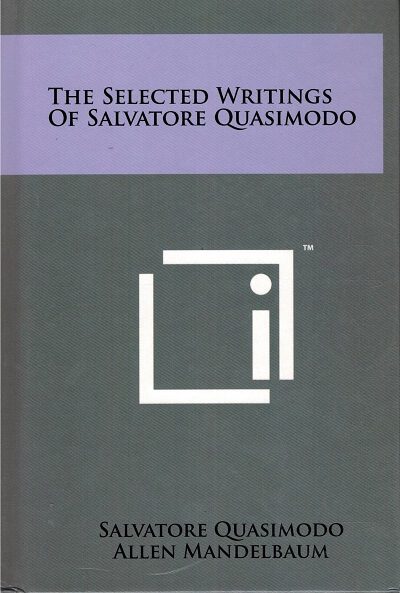
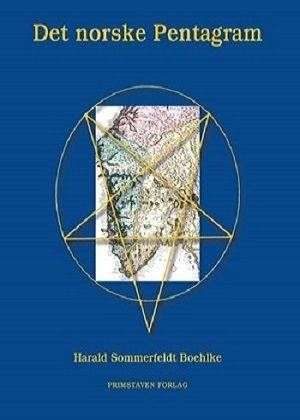
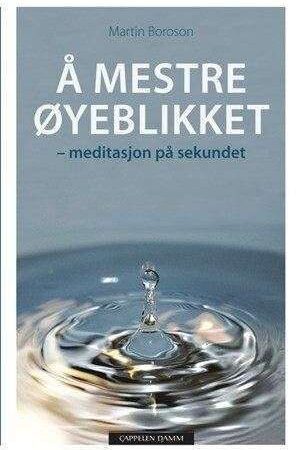
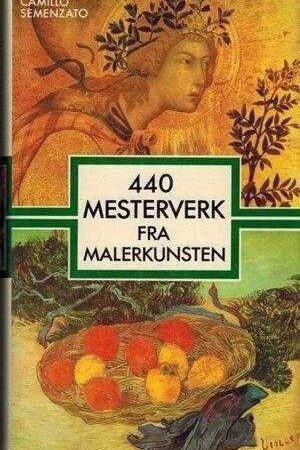
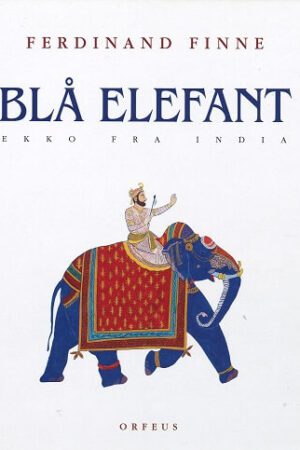

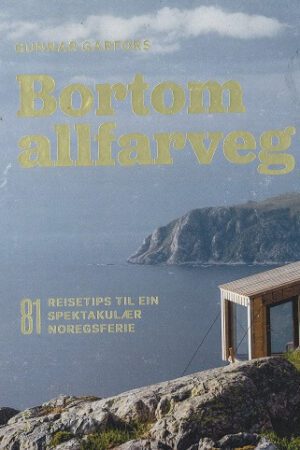
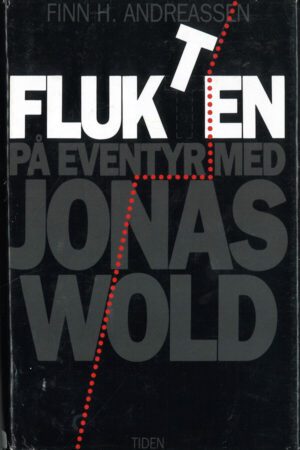
Omtaler
Det er ingen omtaler ennå.